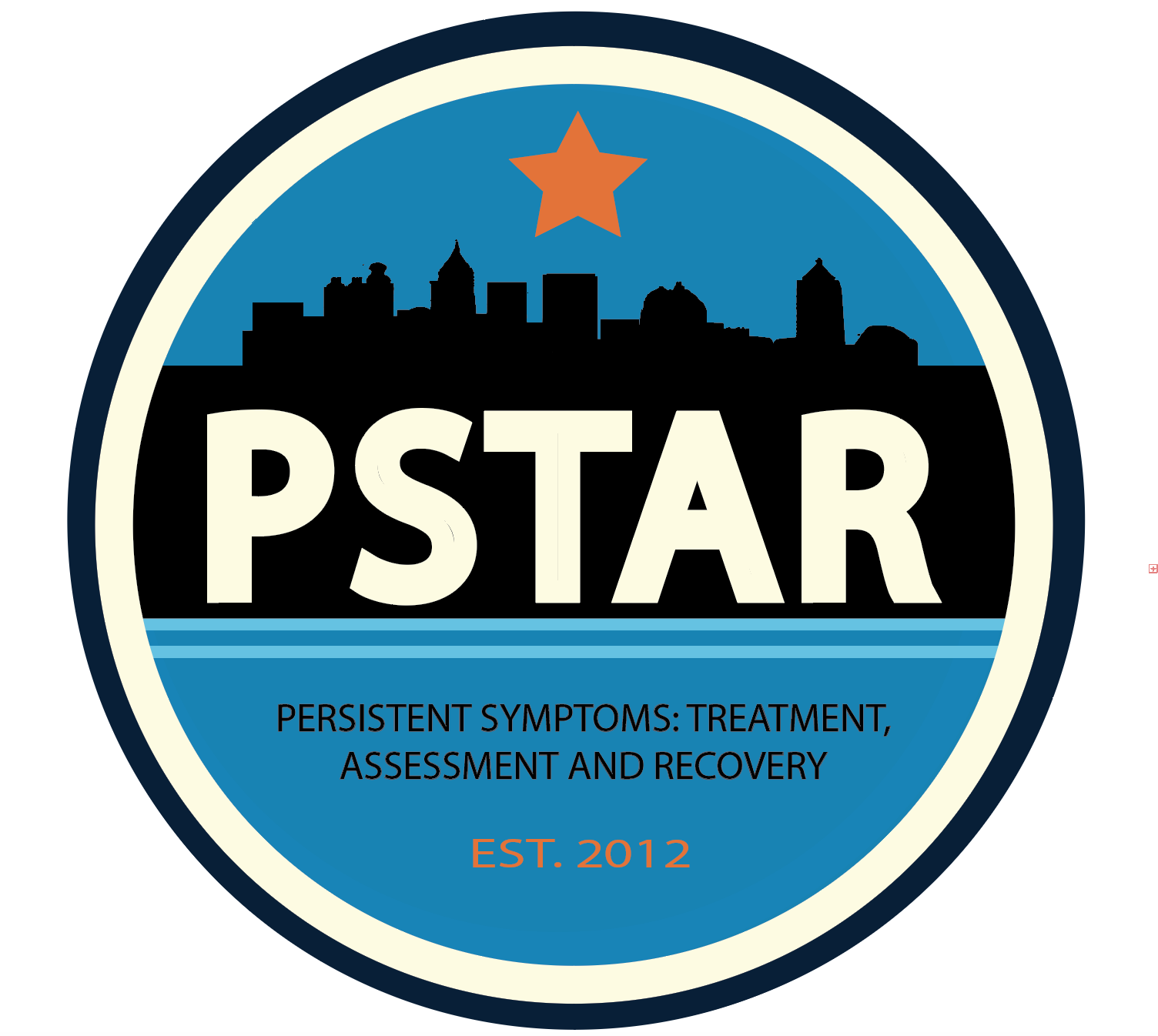PSTAR stands for Persistent Symptoms: Treatment, Assessment and Recovery. The PSTAR clinic is a specialized, comprehensive clinic within the Grady Behavioral Health Center that works with individuals with treatment-resistant schizophrenia with a focus on the safe and effective use of clozapine.
About Us

Treatment-resistant schizophrenia is a condition where symptoms of schizophrenia do not improve despite an individual trying two different antipsychotic medications for an adequate duration at an adequate dose. It is estimated that between 20-30% of patients with schizophrenia have treatment-resistant schizophrenia.
Clozapine (also known as Clozaril, FazaClo ODT and Versacloz) is the only FDA-approved medication for treatment-resistant schizophrenia. Less than 5% of individuals with schizophrenia are treated with clozapine in the United States. Clozapine is also underutilized in the southeast U.S., and less than 3% of patients with schizophrenia are treated with clozapine in Georgia. There are many reasons for clozapine’s underutilization, which include doctors being less familiar/comfortable with clozapine, more lab work and appointments required with clozapine and concern for clozapine’s side effects.
The goals of the PSTAR clinic are to:
- provide evidence-based, recovery-oriented care for individuals with persistent symptoms of psychosis
- improve access to clozapine across the state of Georgia
- coordinate inpatient and outpatient clozapine transitions
- investigate promising pharmacologic and non-pharmacologic treatment options for people with persistent symptoms of psychosis
- educate trainees and psychiatrists in the community about how to use clozapine safely and effectively
The PSTAR Clinic is staffed by an interdisciplinary team consisting of psychiatrists, mental health therapists, social workers, case managers, pharmacists and other specialists.

